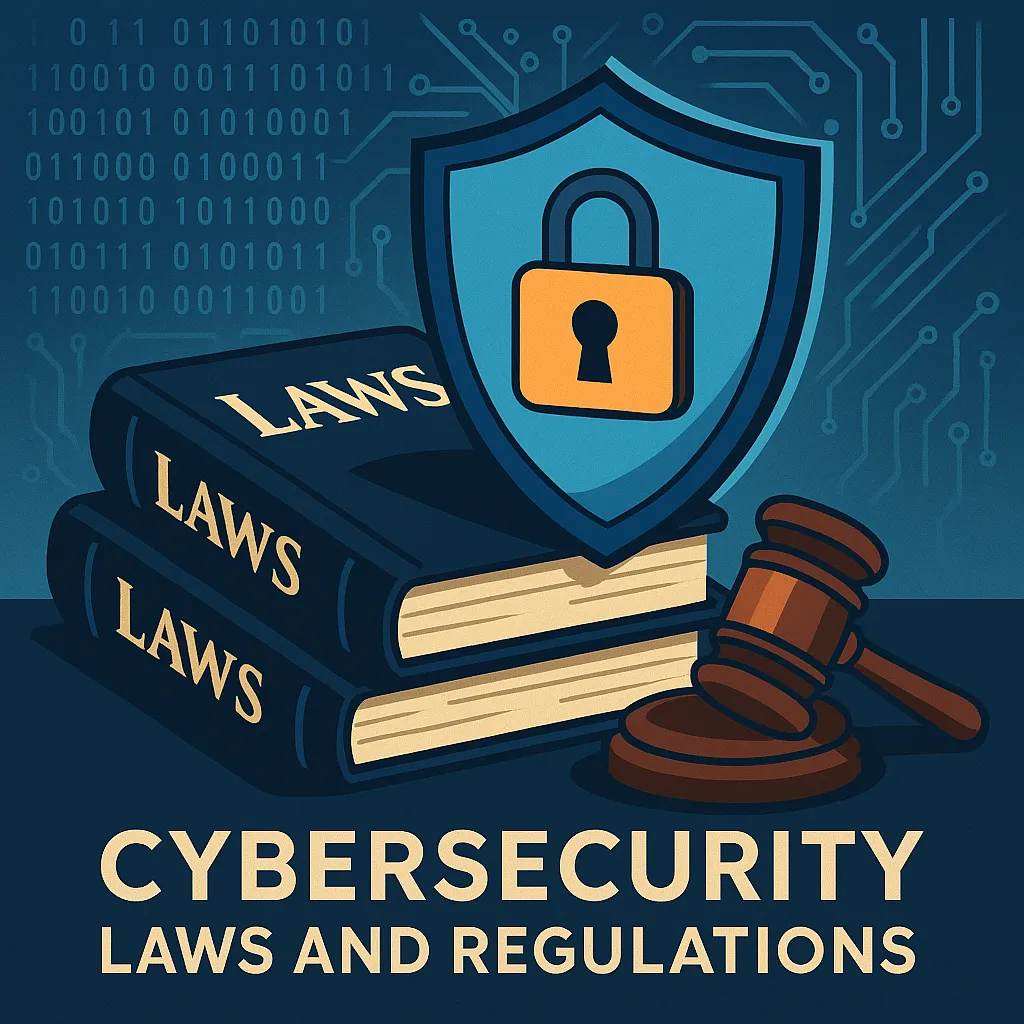A Comprehensive Guide to Understanding Cyber Law
In the interconnected world of today, where digital transactions and communications are ubiquitous, the realm of cyber law has become increasingly pivotal. This guide aims to demystify the complex world of cyber law, making it accessible to both tech-savvy individuals and those new to this domain.
What is Cyber Law?
Cyber law encompasses all legal and regulatory aspects of the internet and digital environments. This includes everything from copyright and intellectual property rights to cybersecurity measures and data privacy. As our reliance on digital technologies grows, so does the scope and importance of cyber law.
Key Areas of Cyber Law
- Privacy Laws: Protecting user data from unauthorized access and breaches.
- Intellectual Property: Safeguarding creations such as software, digital content, and inventions.
- Cybercrime: Addressing crimes like hacking, identity theft, and cyberstalking.
- Regulatory Compliance: Ensuring businesses adhere to laws governing digital operations.
Why Cyber Law Matters
With the digital economy's expansion, issues like data breaches, copyright infringement, and digital rights management have brought cyber law to the forefront of legal challenges. Recent breaches in major corporations underline the growing threat landscape and the necessity for robust cyber law structures (Axiom Law).
Global Perspectives on Cyber Law
Noteworthy differences exist in how countries approach cyber law. For instance, the European Union's GDPR is far more stringent compared to other regions, emphasizing consumer rights over data. Conversely, some other nations may prioritize surveillance and control, shaping their cyber law frameworks accordingly.
Challenges in Cyber Law
One primary challenge is the international nature of the internet. Legal actions taken in one country might be ineffectual in another, complicating enforcement. Furthermore, the rapid evolution of technology often outpaces legal frameworks, making continuous updates necessary but challenging to implement.
Educational Pathways in Cyber Law
For those interested in a career in cyber law, various educational opportunities exist, ranging from certifications to advanced degrees like an LL.M in Cybersecurity Law, as detailed by organizations such as the Pitt Cyber Institute and George Washington University (Pitt Cyber, GW Law). These programs help prepare individuals to navigate the complexities of national and international cyber law.
Conclusion and Takeaways
Understanding and navigating cyber law is crucial not just for legal professionals but for anyone involved in the digital world. As technology advances, the importance of cyber law grows. Staying informed and educated on this topic is essential for protecting personal and corporate data and rights online.

